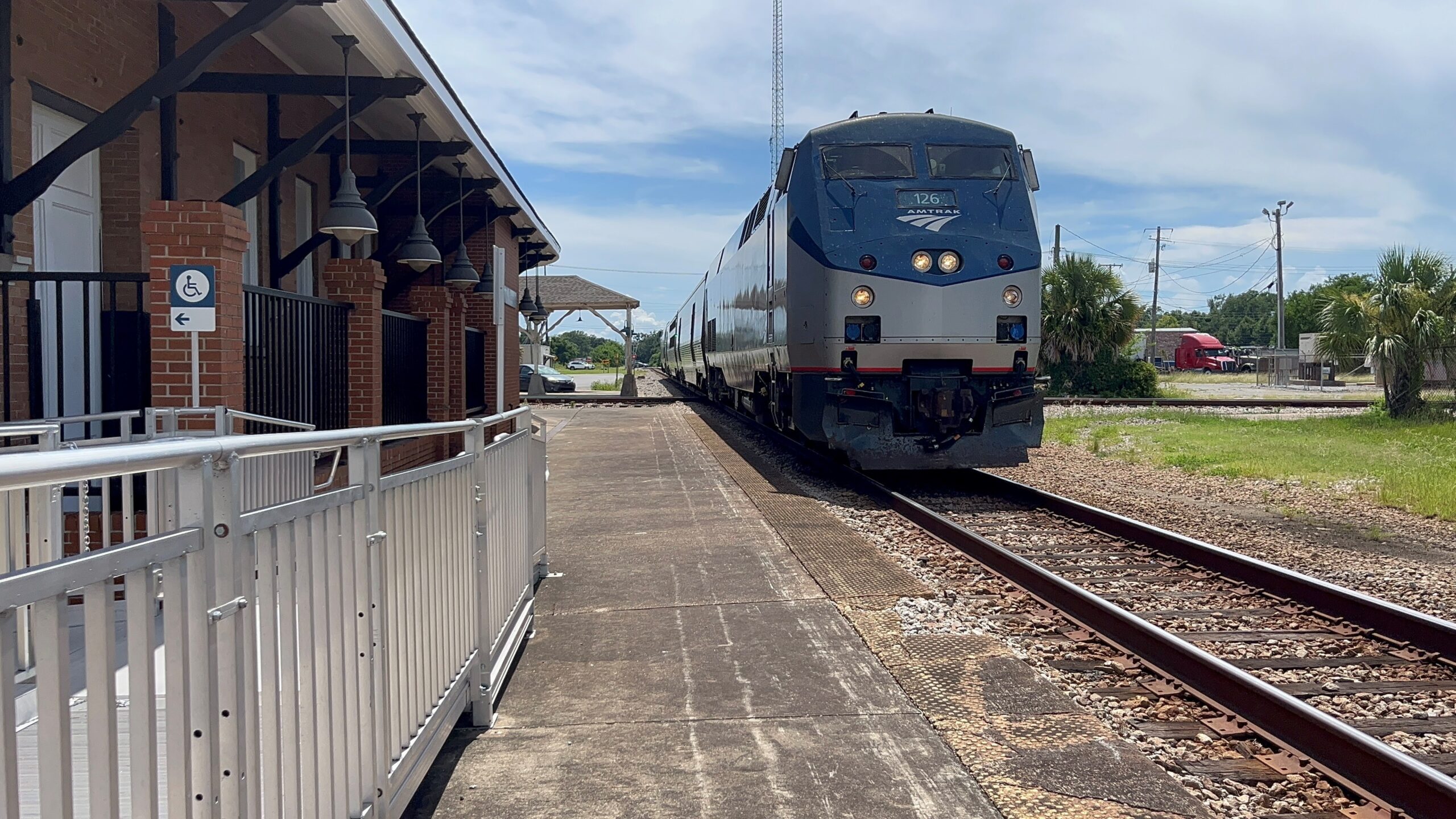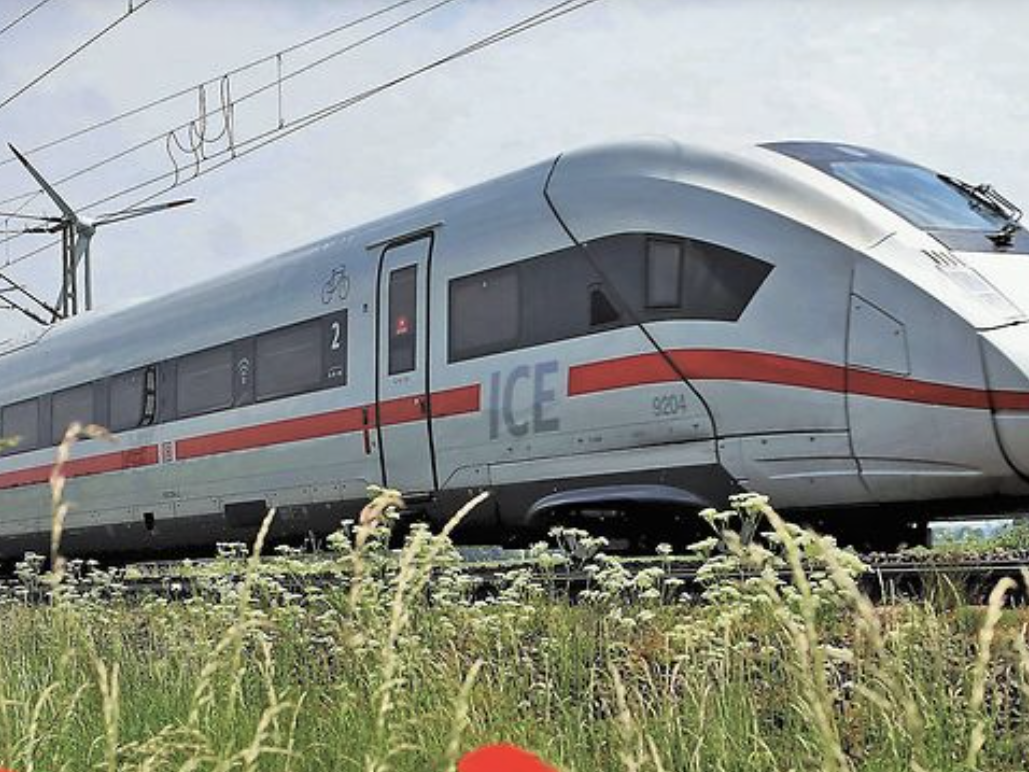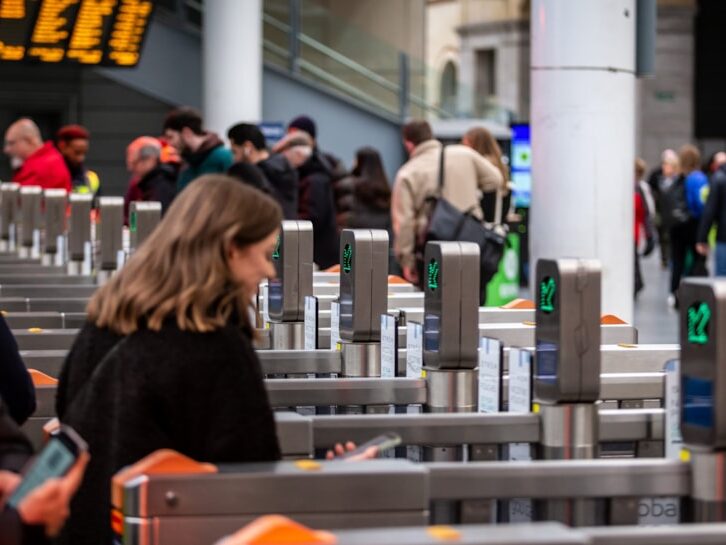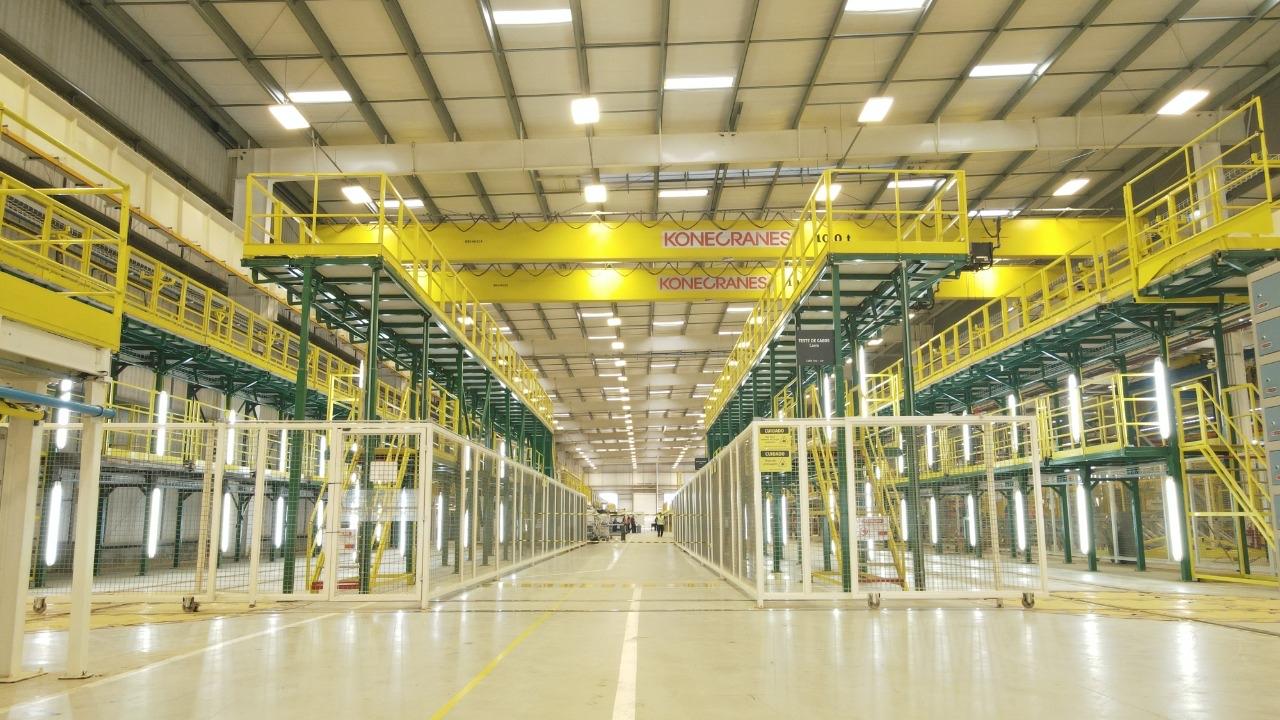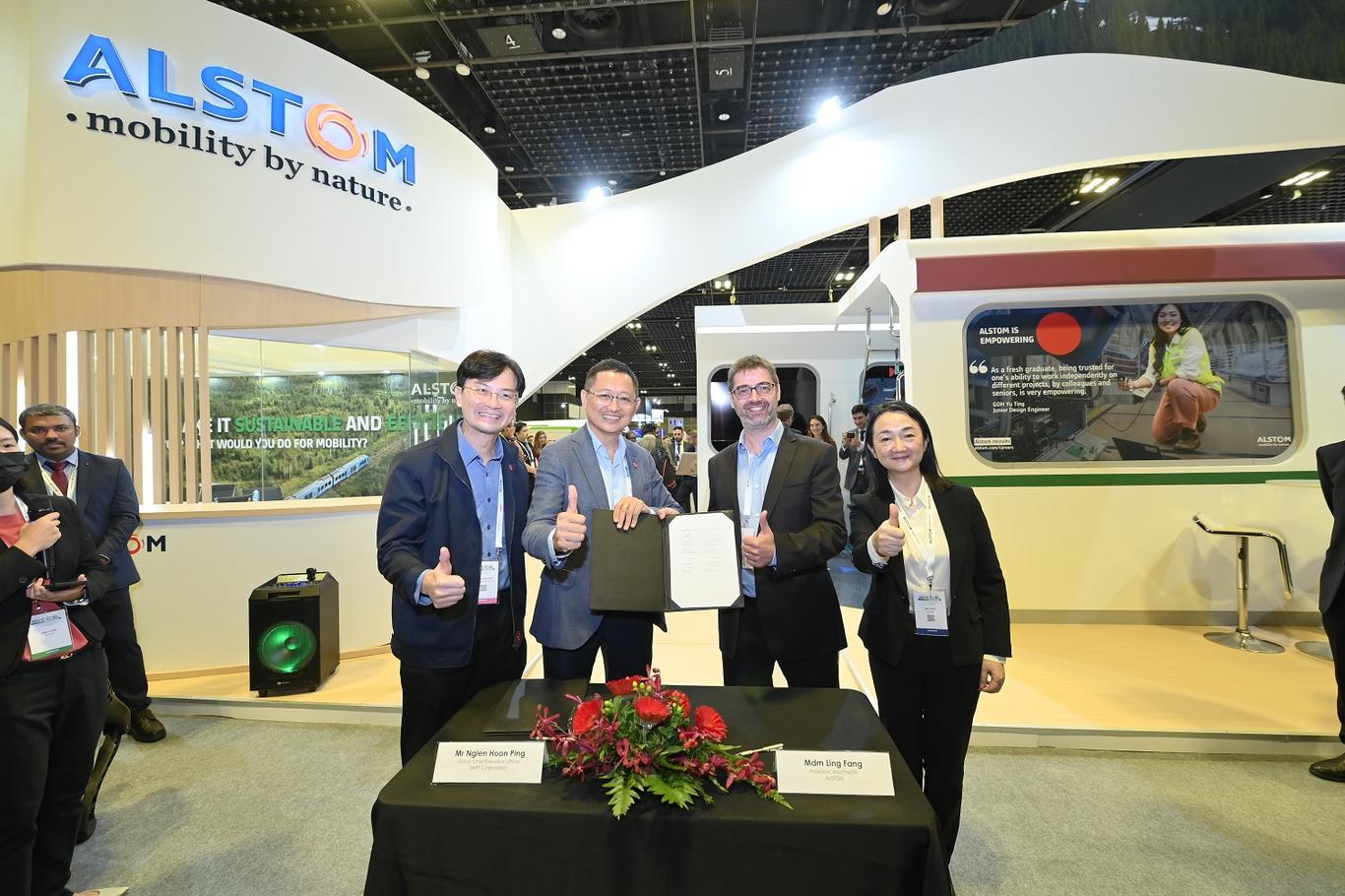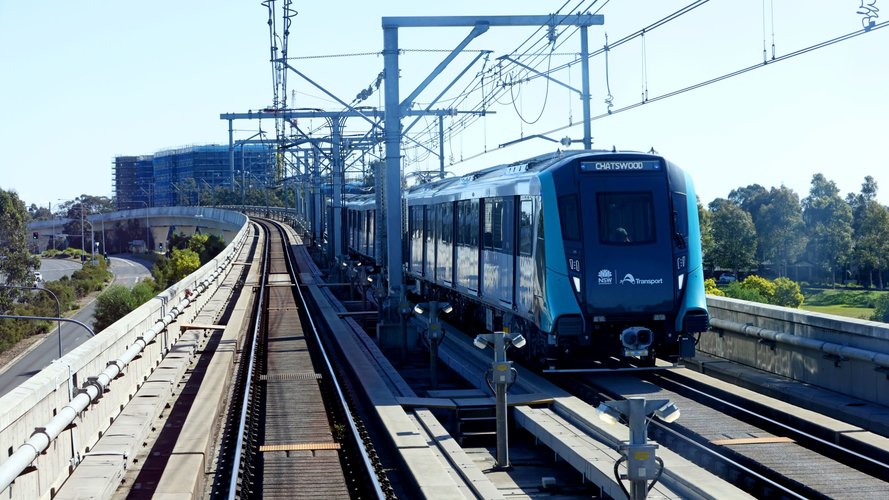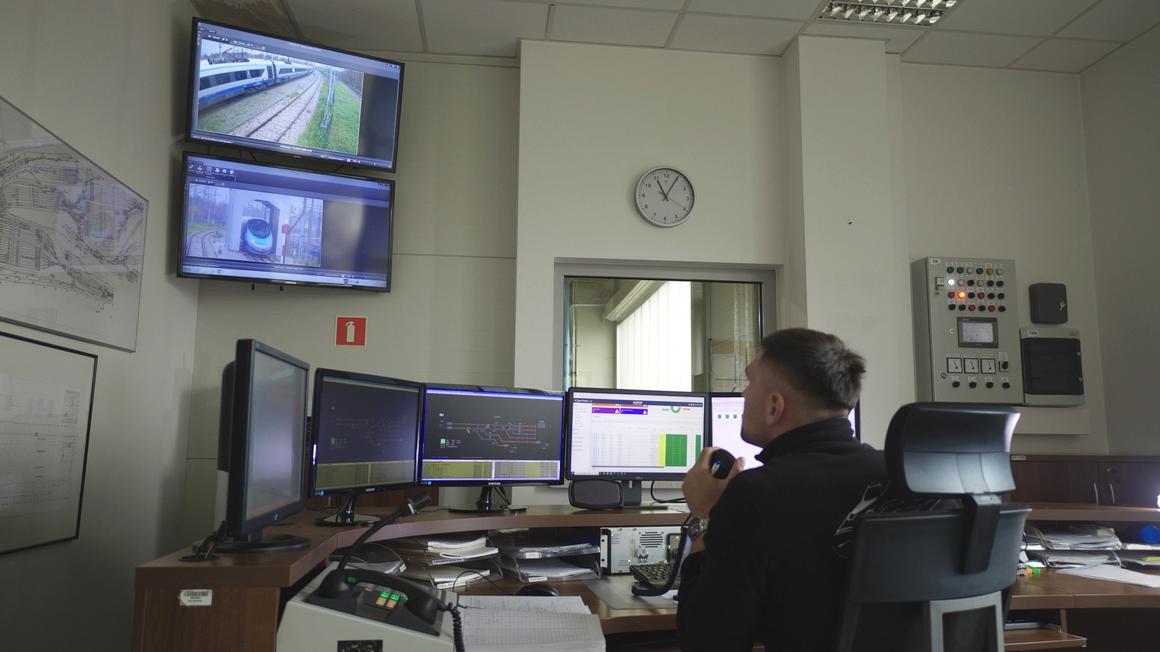In contribution to COP27 discussions, Alstom has published a study entitled, ‘The Role of Urban Rail in Sustainable Africa,’ in collaboration with EY Climate Change and Sustainability Services.
This study demonstrates how urban rail transport can decrease carbon emissions and provide environmental, social and economic benefits to African cities.
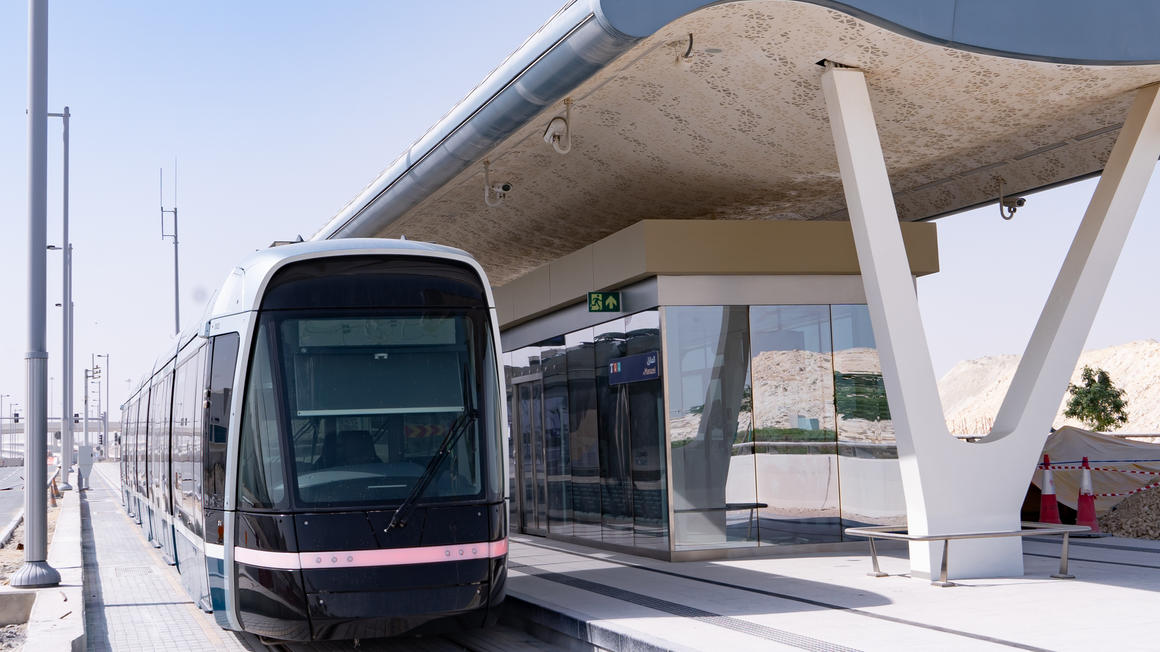
Africa’s population is currently growing rapidly and it is thus necessary to ensure this growth is in line with the United Nations’ Sustainable Development Goal number 11: to make cities inclusive, safe, resilient and sustainable.
Alstom’s study shows that to achieve this, African cities must develop more sustainable transport systems to reduce carbon emissions and to promote inclusive socio-economic growth.
Cecile Texier, Vice-President CSR and Sustainable Development of the Alstom group said:As part of COP27, Alstom commissioned this study from EY Climate Change and Sustainability Services to highlight the many benefits that increased investment in urban public transport can bring to African cities and support sustainable growth. It has indeed been demonstrated that increasing the use of rail as a means of transport would allow better access to socio-economic opportunities, a reduction in congestion, greater safety and, in addition to decarbonisation, an improvement in air quality.
Currently, only 1 percent of travellers in African cities use urban rail systems. This study highlights that increasing this figure to 10 percent in 2030 and 20 percent in 2050 could result in 1 gigatonne of CO2 being avoided between 2023 and 2050. In addition, a further 173 million tonnes of CO2 could be avoided between 2023 and 2050.
Investment in urban rail would also provide social and economic benefits, leading to safer, healthier and more inclusive cities.
Indeed, raising the modal share of rail to 20% by 2050 would allow 29 million cars to be removed from African roads each day, which would lead to a reduction in traffic jams, road accidents and pollution.
As urban rail is more affordable than private transport, this would make it easier for people to get to work and access essential services.
To advance this perspective, the study also highlights the benefits of Cairo’s ongoing commitment to public transport.
Andrew DeLeone, President of Alstom Africa, Middle East and Central Asia said:With COP27 taking place in Egypt, it is an opportunity to highlight that the country was the first in Africa to open a metro line in 1987 and that it has three operational metro lines, two metro lines at coming and two monorail lines under construction. The additional metro and monorail lines alone will allow the city to avoid a cumulative 35 Mt of CO emissions2between 2023 and 2050, or 10% of Egypt's total GHG emissions in 2019.
In addition, the city will experience other social and economic benefits such as the reduction of 595,000 cars per day and a sharp decrease in traffic congestion, whose cost for Egypt is estimated at 8 billion dollars per year, savings that could be reinvested in green and smart mobility solutions.

















